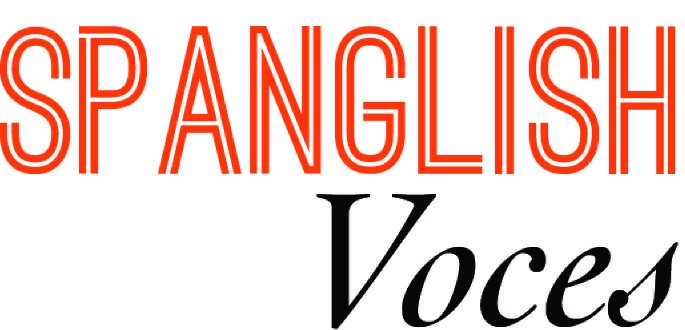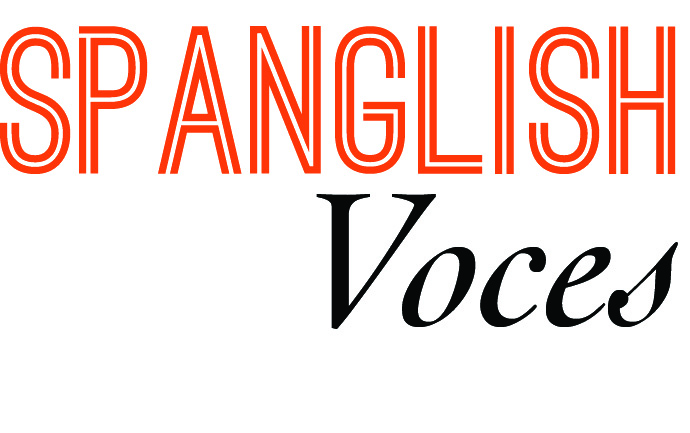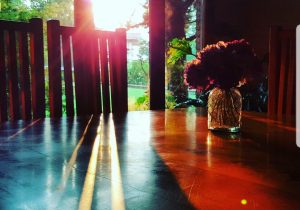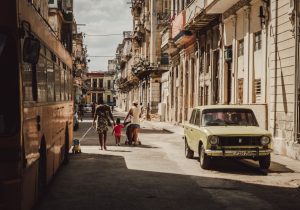His look went straight through my skin, his eyes fixed on the television screen. My twenty-five year-old body was eager to be touched, but my desire was cloaked by indifference. The love from the time of the wedding, held at a colonial convent, was dissipating. No show of affection, recipe, diet, makeup, or lingerie could save it. As much as I studied and tried to connect with him intellectually, my perfect repartee couldn’t save it either. My body was invisible, and the anguish of it started to form a knot in my throat.
I would push my food around on the plate and hide it. I couldn’t eat, couldn’t swallow. The lump of anguish stood in the way. The bones of my wrists started to stick out; my breasts started to melt away. I tried to say, “Look at me,” but the words got stuck in my throat. If I tried to swallow a bite of fruit, it would also get stuck in the same spot. Bitterness and pain were forming a knot inside of me. It grew with the added layers of spite and hopelessness. A form of revenge, perhaps. He would say, “You’re getting so thin, you’re so quiet.” And sometimes he wouldn’t say anything at all, because none of the words he said were ever for me anymore.
My mother would look at me worriedly and say, “You’re too skinny.” My girlfriends would tell me over and over: “You’re going to disappear.” My bones revealed the outline of my anatomy. And as my body was gradually evaporating into an air of indifference: a night of confusion. He reached out his arms. He was looking for someone and there I was. And the remnants of the body in which I used to gallivant around the parties of my youth came together again and responded. And a being started to grow in my abandoned belly. My body became inhabited again.
The early nausea of the pregnancy expelled the bitterness from my throat. I started eating again. My hips and breasts filled out again. Everything in me now had a purpose: listening to classical music to soothe the baby, eating vegetables and protein so the baby would have strong bones, emptying myself of sadness so that I wouldn’t transmit my tears to the baby.
He would look askance at my belly, at my expanding body. But his vacuous eyes no longer gave me life. I was too busy giving life to another being. My baby, my little girl.
I balanced working at a magazine with buying the crib, the changing table, and the diapers. I analyzed every detail of my book about what to expect during the pregnancy. I would stay late at work to avoid being met with absence when I got home. I wrote up interviews and reviews on my little computer and attended the baby showers that my coworkers organized.
After the contractions began, my husband took me to the hospital. When we came home with our yellowish baby, we had to sit with her in the sunlight on the balcony. Her head was covered with dark hair, and her eyes were half open. Milk flowed from my breasts, and my baby grew until she took up all the spaces where I had disappeared. And my body, now brimming with life, with milk, was a haven of sustenance; it could no longer go unnoticed.
Months went by and his presence slowly faded away, but his absence no longer hurt. My body was busy with another body, another life; patting the baby’s back so she would burp; snapping her onesies closed and gently laying her on her side in her crib, like we used to put babies down to sleep in those days. I concentrated on writing for several magazines, all while preparing baby food purées and keeping track of each new tooth that emerged. Hours filled with stories and songs in love-filled parallel universes. My life was written in another language composed of babbles and belly laughs.
When he disappeared for good, I hardly noticed. Because love was already tattooed in the stretch marks on my belly and in my little girl’s smile. Love overflowed the two of us and into my words, writing, friends, parents, and family. When he tried to speak, his voice was so faint that I couldn’t make it out. I just held him close in a brief hug and we said goodbye, never to hug each other again. I moved far away and had another child. Now we only meet in the face of my first child, in her dimples that show when she laughs, in her green eyes. A face identical to her absent father’s.
Perhaps this overflowing love will even one day reach him.
Written By Daniela Becerra
Translated from the Spanish by Emily Hunsberger
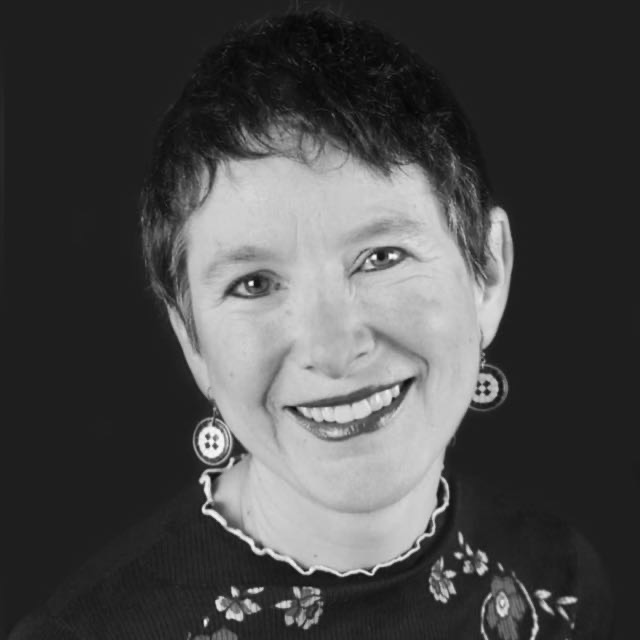 Daniela Becerra Desde niña se refugia en las palabras leídas o escritas. Aunque siempre quiso estudiar Letras, es licenciada en Comunicación y cursó la maestría en Desarrollo Humano. Se graduó con una tesis sobre la participación de las mujeres en la literatura mexicana. Ha publicado ficción y no ficción en Literal Magazine, Nagari, Escritoras Mexicanas, El Beisman, Reforma, El Financiero, Harper’s Bazaar y Elle, entre otros medios. Editó Alcanzar el vuelo. Responsabilidad social en las empresas, publicado por Cemefi. En estos momentos de pandemia, pone su escritura al servicio de una organización social y ha escrito decenas de semblanzas de gente en necesidad. También espera la próxima publicación de su libro colectivo Palabras entrelazadas.
Daniela Becerra Desde niña se refugia en las palabras leídas o escritas. Aunque siempre quiso estudiar Letras, es licenciada en Comunicación y cursó la maestría en Desarrollo Humano. Se graduó con una tesis sobre la participación de las mujeres en la literatura mexicana. Ha publicado ficción y no ficción en Literal Magazine, Nagari, Escritoras Mexicanas, El Beisman, Reforma, El Financiero, Harper’s Bazaar y Elle, entre otros medios. Editó Alcanzar el vuelo. Responsabilidad social en las empresas, publicado por Cemefi. En estos momentos de pandemia, pone su escritura al servicio de una organización social y ha escrito decenas de semblanzas de gente en necesidad. También espera la próxima publicación de su libro colectivo Palabras entrelazadas.
SOCIAL MEDIA
Twitter: @danielabr3
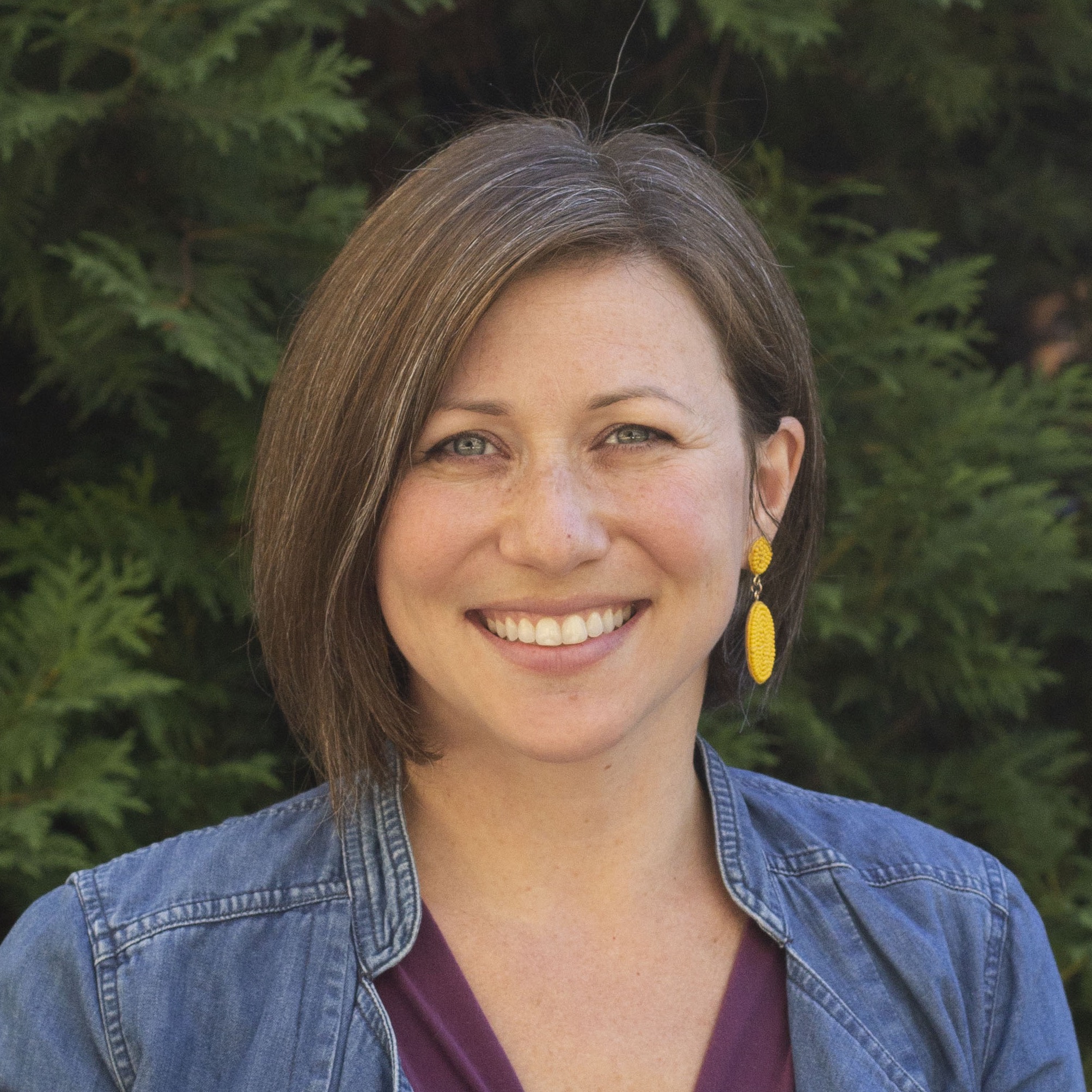
I’m a lifelong speaker of Spanish as a second language. While I’m formally educated in its norms and traditions, I’m also curious about the linguistic variety of Spanish, have a desire to understand the narratives and ideologies surrounding it, and continue to create a body of work building bridges across its borders. Produzco Tertulia, un podcast en español sobre cómo personas de carne y hueso en los Estados Unidos usan el idioma español para fortalecer la convivencia social, transmitir su cultura, recuperar su identidad y ejercer sus derechos.
SOCIAL MEDIA
